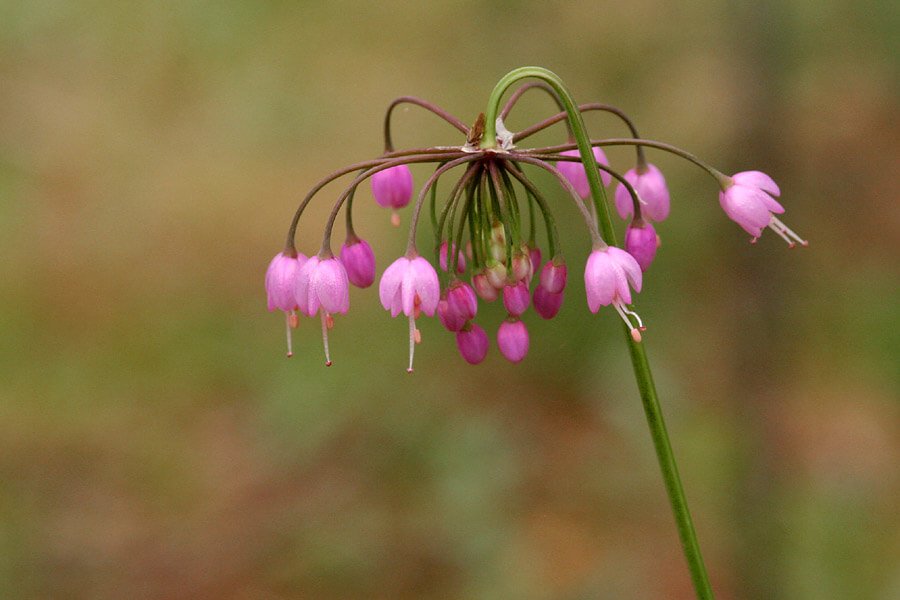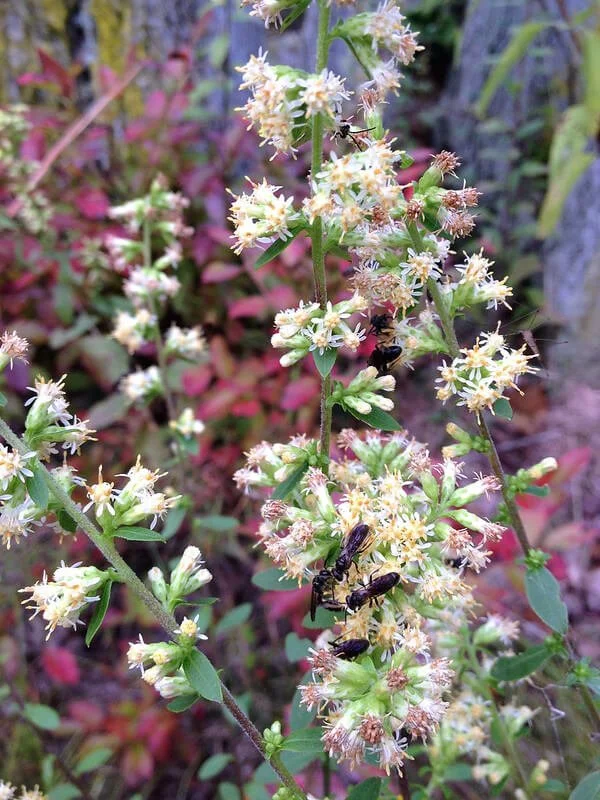Life Cycle: Perennial
Sun Exposure: Full-Partial sun
Soil Moisture: Medium/wet-Medium/dry
Height: 1-2 feet
Plant Spacing: 4-8 inches
Bloom Time: July - August
Bloom Color: Purple
Advantages: Pollinator Favorite, Deer Resistant, Rain Garden, Edible, Vigorous
Beneficial insects: Syrphid Flies
Complementary Plants: Butterfly weed, Purple Prairie Clover, Hoary Vervain, Wild Petunia, Blue Grama, Purple Coneflower, Prairie Phlox, Culver’s Root, Obedient Plant, Rattlesnake Master, Switch grass









